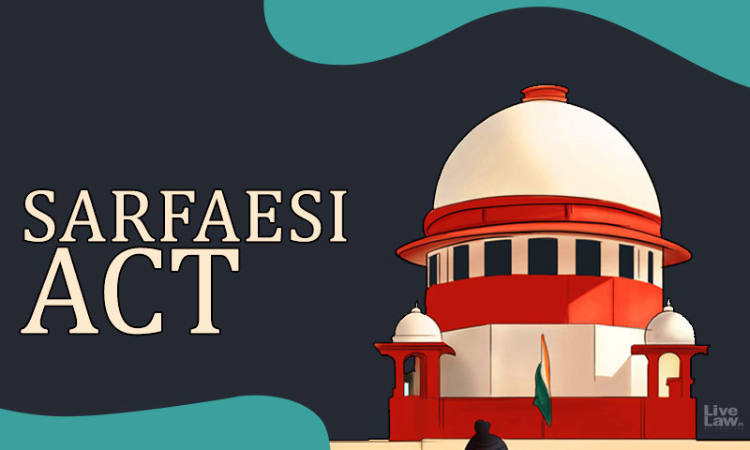The Supreme Court observed that a tenant in sufferance is not entitled to any protection of the Rent Act against SARFAESI proceedings.A tenant whose term has expired but has not vacated is called a "tenant at sufferance.‟.In the absence of a registered instrument, if the tenant only relies upon an unregistered instrument or an oral agreement accompanied by delivery of possession, the...

